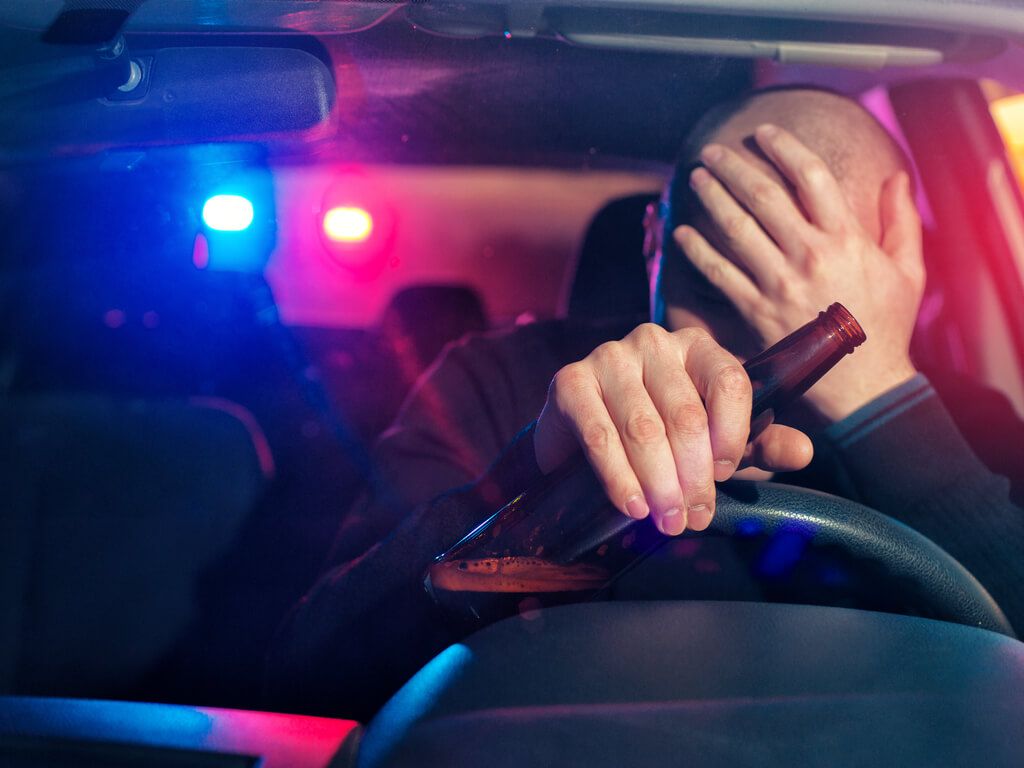Field Sobriety Rights During Labor Day Travel

During the 2019 Labor Day holiday weekend, there were 2,995 crashes in Pennsylvania resulting in 46 fatalities and 165 serious injuries. And though the Labor Day holiday weekend will look a little different this year as a result of COVID-19 precautions, many first responders across the Keystone State are still preparing for drunk driving incidents.
Many will likely still celebrate with food and drinks, which means travelers will likely see DUI checkpoints and officers will be conducting field sobriety tests on suspected drunk drivers. If you get stopped at a checkpoint, do you know your rights?
What are field sobriety tests?
The National Highway Traffic Safety Administration has developed three field sobriety tests to establish if a driver is intoxicated or not. The tests are the Horizontal Gaze Nystagmus test, the Walk-and-Turn test, and the One-Leg Stand test.
The Horizontal Gaze Nystagmus test is considered one of the less reliable tests as it reviews the eyes as they follow a moving object in a smooth steady fashion versus jerking back and forth. Because it is not reliable it is not admissible in Pennsylvania courts. In general, it can only be used to request additional sobriety tests.
The walk-and-turn test requires the driver to take nine heel-to-toe steps along a straight line. The driver then turns one-foot to return in the same manner. These tests are complicated because other medical conditions that impact stability and balance can make it appear the driver is intoxicated when in reality they are not. In addition, if the roadway where the test is administered is not even, this can hamper a sober person’s ability to complete the test correctly.
The final test applied at sobriety checkpoints is the one-leg stand. This test requires a driver to stand with one foot off the ground while counting until told to put the foot down after 30 seconds. Again, physical limitations can alter a person’s ability to properly take the test.
While these physical tests may be the preliminary move to prompt further testing or make an arrest for drunk driving, a breathalyzer can often yield more accurate results. Remember, some drivers may also have health limitations which make it nearly impossible to complete a breathalyzer, which can also impact a ruling on DUI.
Can I refuse a sobriety test?
If you are pulled over for suspected drunk driving and a cop tries to administer a breathalyzer or to conduct a sobriety test on the side of the road, refusing such action is in violation of Pennsylvania implied consent law. As a driver license holder in the Keystone State, you are subject to implied consent which makes it illegal to refuse sobriety testing.
Though many people refusing a test will help them avoid a criminal conviction, the reality couldn’t be further from the truth.
PA Field Sobriety: Know Your Rights
If you are given a field sobriety test this Labor Day weekend, know that you have rights. Many times, drivers are sober or well below the legal driving limit for their blood alcohol content but are still told they are driving under the influence.
Know that the test results are not final and you can fight the charge in court. Be it officer error or legal compliance failure, you can fight.
Contact Us
If you are facing charges for driving while under the influence of drugs or alcohol this Labor Day weekend, you need experienced legal counsel. The attorneys from Mazzoni Valvano Szewczyk & Karam have worked on both the prosecution and defense of DUI cases. Contact us to schedule an appointment.

